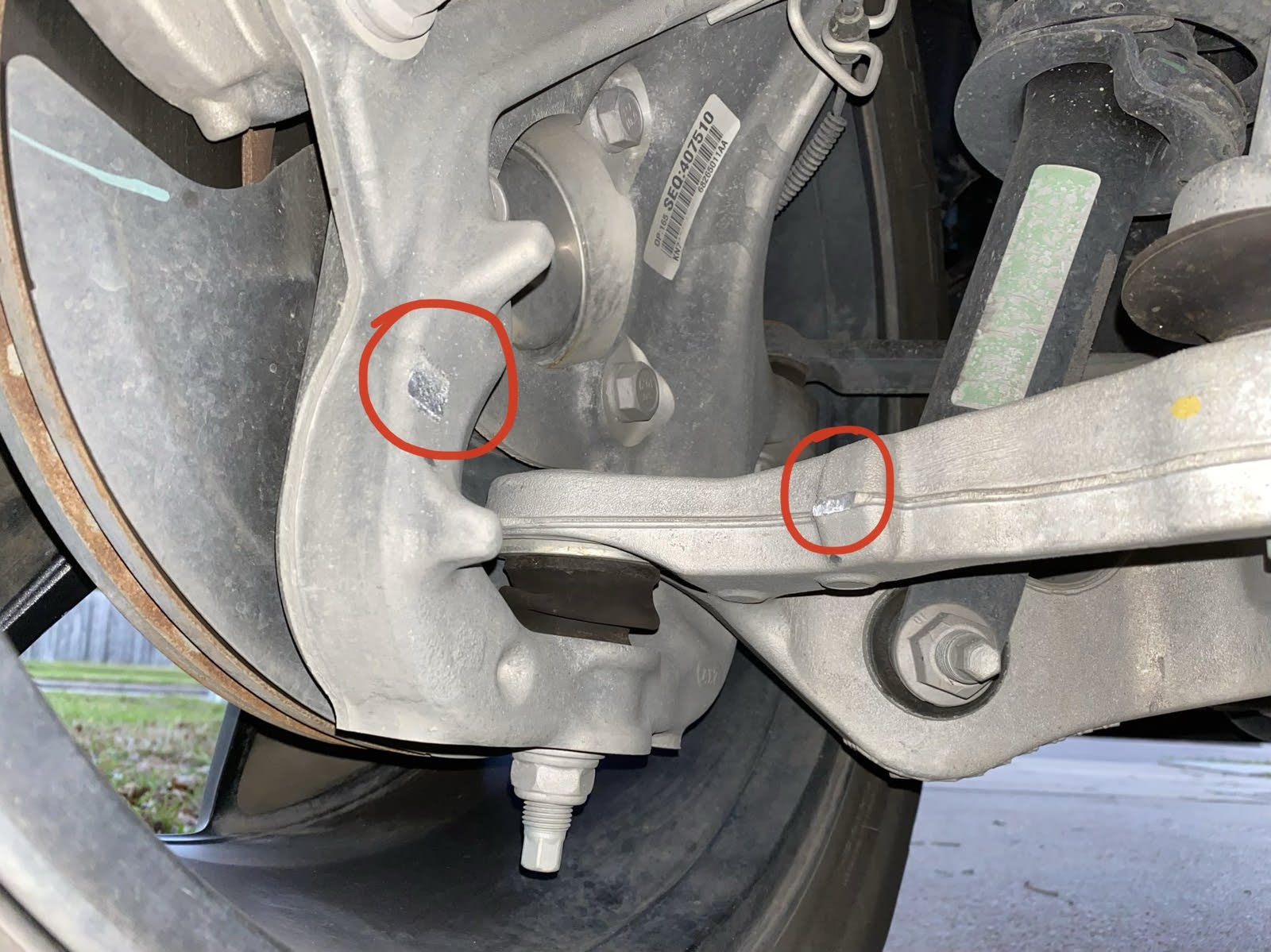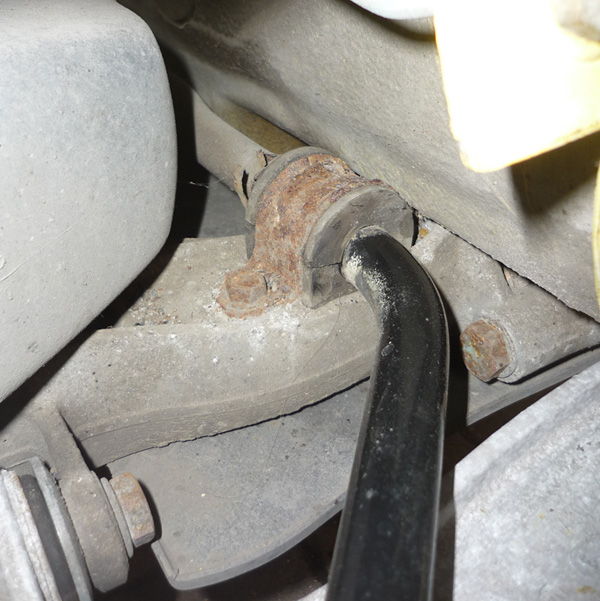

A steering rack or gear box that has heat build-up or loss of hydraulic pressure can make turning more difficult.
When i turn my steering wheel it creaks driver#
Hard to Turn Steering Wheel – Power steering or steering assist, as it’s more accurately described, helps the driver turn the wheel with electric or hydraulic pressure.

Since many vehicles require the same tire size, diameter, as well as tread type, it is recommended to replace all tires at once for better handling on the road. Worn or defective tires are easily recognized as visible metal strips may be emerging from the tire. Additionally, defective tires can cause pulling to the left or right. A vehicle that is out of alignment causes abnormal and accelerated tire wear and you may notice tires are more worn on one side than the other as a result. Vehicles commonly fall out of alignment from going over pot holes or hitting curbs. A vehicle that is properly aligned ensures that all tires remain in line for proper contact with the road. The most common reason is that the vehicle is out of alignment. Steering Pulls in One Direction or the Other – When you find yourself fighting the steering wheel to keep your vehicle driving in a straight line, a few things may be responsible for this problem.When tie rods wear out, along with a loose steering wheel, you may notice a squeaking sound when turning. Tie rods are the driver’s connection from the steering wheel to the tires. Excessive Play or Movement in Steering Wheel – On vehicles with rack and pinion steering systems, worn tire rods may be responsible for a lack of response to the wheels, when the steering wheel is turned.Constant heating and cooling break down rotors causing warping, which prevents them from dissipating heat properly. Braking creates an incredible amount of heat from the friction created to bring your vehicle to a stop. If the vibrations are felt while braking, this is a clear indicator that your brake rotors are warped, making it harder for brake pads to clamp down. When traveling over 20 – 30 MPH, and your steering wheel shakes, it’s time to have your tires looked at as they may be unbalanced or worn. When your steering wheel begins shaking, the cause can often be determined based on whether you’re moving or braking. Shaking Steering Wheel – Your car should move smoothly down the road.Check out our list of seven common reasons your steering wheel may not be working at its best and when it’s time to steer your car toward Sun Auto Service for an inspection. When turning becomes difficult or the car makes a mysterious noise when turning, you may have questions about what’s causing the trouble. Turn it in either direction and your car responds, with the aid of other steering components in the vehicle. However, that can be mistaken for a creaking sound.The steering wheel in your car is under direct manipulation by you. Creaking while turning can be a sign of damaged tie rods, but it’s more usual to hear a knocking sound when making tight, low-speed turns.ĭamaged Power Steering Pump/Rack/Belt: Usually, problems with the power steering rack, pump or belt cause a whining sound, more noticeable during low speed turns. When this occurs, expect to experience noise and deterioration.ĭamaged Tie Rod Ends: Tie rods connect your steering system to help move the wheels when you turn your steering wheel. They must be well lubricated in order to do their job, but the grease can wear out over time. Worn Ball Joints: Ball joints allow control arms and steering knuckles to adjust to movement. It’s possible that this is causing the creaking while turning the steering wheel. Eventually, they crack, deteriorate, and must be replaced.

If not repaired, this problem can become more serious.ĭry/Damaged Suspension Bushings: Bushings wear out over time. If it’s dry, it can cause a groaning/creaking sound during turns. You may also notice that your car feels very loose and bouncy when going over bumps or through turns.ĭry Jounce Bushing: The jounce bushing is located at the top of the front strut. If you’ve noticed fluid on the side of one of your front shocks, chances are good that it’s blown and needs to be replaced. They’re good at what they do, but they do wear out. Worn Shocks/Struts: Your shocks and struts are most likely the gas-filled type. Service type Creaking noise when turning the steering wheel Inspection


 0 kommentar(er)
0 kommentar(er)
